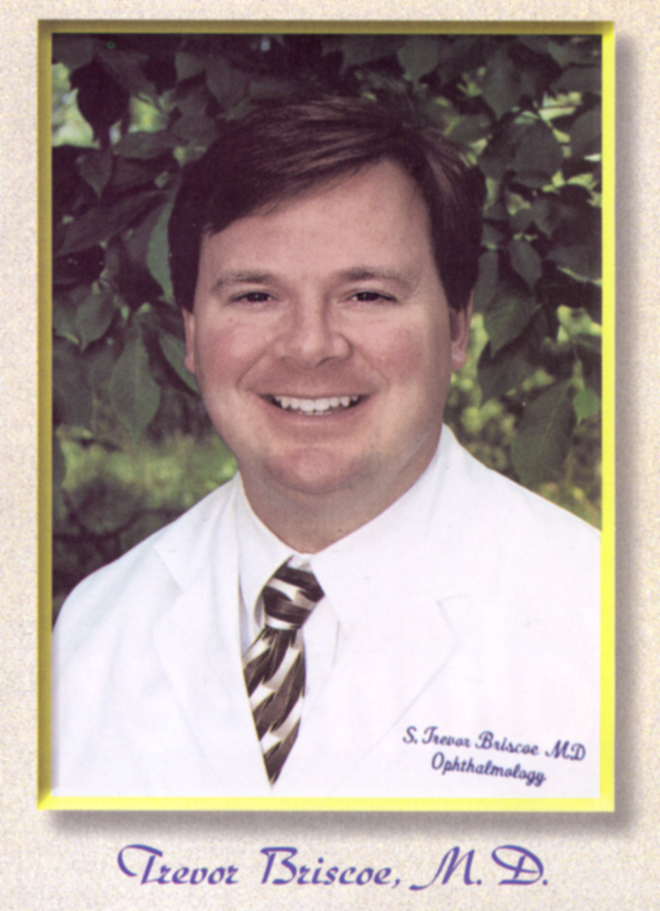WHAT IS
OPHTHALMOLOGY?
Ophthalmology is the branch of
medicine dealing with the functions and diseases of the eye and its related
structures.
An ophthalmologist is a physician, or M.D., who has had three
or four year residency in specialty training after completing his or her medical
degree and internship. The ophthalmologist can prescribe eyeglasses, medication,
and perform eye surgery as necessary for total eye care.
IS IT TIME FOR AN EYE
EXAM?
Some common symptoms suggesting the
need for an ophthalmologic exam are: blurred vision, distorted or double vision,
dizziness, decreased eye vision, redness, pain or swelling in or around the
eyes, or excessive tearing from the eyes.
THE EYE
EXAMINATION
The routine eye examination is
the most important part of your treatment. It is essential even if your eyes are
healthy and asymptomatic, because early detection is a significant factor in
successfully treating the disorders and diseases of the eye.
A complete
exam will include:
- patient history
- vision testing
- refraction for glasses
- ophthalmologic neurological
evaluation
- evaluation of the eye muscle
action
- external examination of the eyes and
eyelids
- glaucoma evaluation
- examination of the retina and optic nerve.
THE IMPORTANCE OF EYE
CARE
Periodic eye examinations are important
safeguard since symptoms of eye disease may be slight or even nonexistent.
Undiagnosed diabetes and glaucoma are leading causes of blindness in adults.
Early detection of these and other diseases through regular eye exams may help
preserve good vision.
An initial evaluation of children at three to four
years of age can allow for early treatment of potentially damaging
problems.
Since the incidence of eye disease increases with age, after age 40
exams are suggested every two to three years and then generally every year after
age 60. The American Diabetic Association recommends annual eye exams for all
diabetic patients.
APPOINTMENTS
When an appointment is made, from one to two hours will be set
aside for you. Your appointment constitutes a reservation of the doctor's time.
Please be on time. Let the office secretary know as far in advance as possible
if you must change or cancel your appointment. A fee of $25 is charged for all
appointments canceled without 24 hours notice.
INSURANCE
Be sure to bring your insurance card with you. The co-payment
will be specified by your particular insurance policy. If you receive a check
from your insurance company for our services, is your responsibility to forward
the endorsed checks or your payment to us.
DR. BRISCOE'S
BACKGROUND
S. Trevor Briscoe, M.D. is a
Corbin native and graduate of Corbin high school. A summa cum laude graduate of
Centre College in Danville, Kentucky, he graduated with High Distinction from
the University of Kentucky College of Medicine. He spent the next year as a
medical intern at Greenville Memorial Hospital. After his internship, Dr.
Briscoe completed a three-year Residency in Ophthalmology at the University of
Florida. The following year Dr. Briscoe served as Chief Resident and Clinical
Instructor in charge of teaching eye surgery and medical
ophthalmology.
Dr. Briscoe is Board Certified by the American Board of
Ophthalmology. He holds membership in the American Academy of Ophthalmology, the
American Medical Association, and the Kentucky Medical Association. He has
published research in professional journals.
In February 2003, Dr.
Briscoe spent time as a volunteer eye surgeon for S.E.E. International in El
Salvador.
Dr. Briscoe has had several years of private practice
experience. He has performed thousands of successful eye procedures. His
surgical skills include: cataract surgery without stitches or shots, Lasik
surgery to reduce dependence on glasses and contacts, pediatric and strabismus
surgery, eyelid surgery including cosmetic procedures like blepharoplasty,
corneal transplantation, and several other types of eye
surgery.

